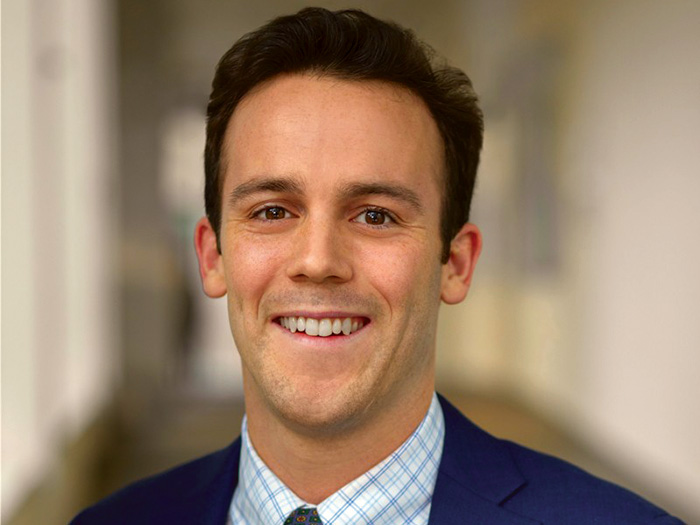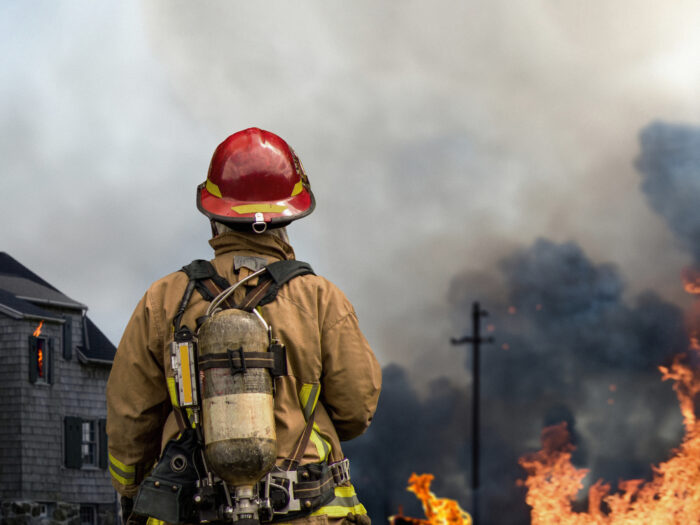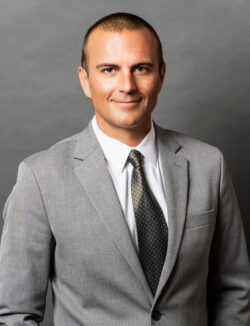Legal Roundup: Sandy Hook Conspiracy Theorist Let Go, N.Y. Religious Institutions Fight COVID Restrictions and More

Supreme Court Blocks COVID-19 Restrictions on N.Y. Religious Institutions
The Case: The Catholic Diocese of Brooklyn and the Agudath Israel synagogue asked the Supreme Court for an injunction to block New York state COVID-19 restrictions against large gatherings.
The state had imposed 10-person and 25-person occupancy limits for religious institutions to stop the spread of the virus — but dialed those restrictions back to 50% occupancy. The religious institutions said the restrictions blocked their First Amendment rights. The state argued that since the restrictions were already amended, an injunction was unnecessary.
Scorecard: In a 5-4 decision, the Supreme Court granted the injunction on November 25.
NBC News reports: “In an unsigned majority opinion, the court said the restrictions would violate religious freedom and are not neutral because they ‘single out houses of worship for especially harsh treatment.’ ”
The court also said there was no evidence that those particular institutions had been spreading the virus.
Takeaway: The ruling had implications on all businesses in New York, not just religious institutions.
NBC News reports: “While religious institutions were affected, businesses categorized as essential could admit as many people as they wish, the court said, and the list of such businesses included acupuncture facilities and others the court said were not essential.”
Starbucks Barista Claims She Was Fired for Refusing to Wear ‘Pride’ Shirt
The Case: A former Starbucks barista in New Jersey sued the company, claiming she was fired for refusing to wear a T-shirt celebrating LGBT Pride.
Betsy Fresse, who is a Christian, alleges unlawful discrimination and is “seeking backpay, punitive damages and payment of her attorneys’ fees,” according to the New York Post.
The newspaper also reported that Fresse is seeking “a permanent injunction preventing Starbucks from ‘failing to accommodate the sincerely held religious beliefs’ of employees.” A Starbucks rep told the New York Post that the claims were baseless.
Scorecard: The case has just recently been filed and has not come to a resolution.
Takeaway: Where do religious freedoms, diversity, and discrimination intersect? Should the plaintiff’s refusal to wear the shirt be seen as discriminatory against the LGBTQ community or an expression of her religious rights? Those will be the central questions in this case and others like it.
University’s Firing of Sandy Hook Conspiracy Theorist Upheld
The Case: James Tracy claimed his First Amendment rights were violated when Florida Atlantic University fired him.
Tracy, a tenured professor in the communications department, said he was fired due to a personal blog post exploring the truthfulness of the Sandy Hook shooting that left 26 dead including 20 children.
The University argued that it fired him for insubordination; not the blog post.
Scorecard: A three judge Appeals Court panel denied Tracy’s claim.
The Tampa Bay Times reports: “The panel upheld a jury’s decision on the First Amendment issue and a district judge’s rulings against Tracy on other issues. ‘To establish that he was discharged in retaliation for protected speech, plaintiff had to prove, among other things, that his speech played a ‘substantial part’ in the university’s decision to terminate him,’ said the 26-page opinion, written by appeals-court Judge Julie Carnes and joined by Senior Judges Stanley Marcus and Paul Kelly. ‘The jury found that plaintiff had failed to do so, as it found that plaintiff’s blog speech was not a motivating factor in the university’s decision. We conclude that there was more than sufficient evidence to support the jury’s verdict.’ ”
Takeaway: The ruling doesn’t really answer a central question — whether Tracy could have been legally fired for allegedly questioning whether the Sandy Hook tragedy actually occurred.
In a time when all types of information is readily available on the Internet, and anyone with a computer can post their own theories, it is extremely important that employers review the line between employees’ rights to free speech and the consequences of letting someone go based on the use of hate speech or other hurtful/harmful language online. &











